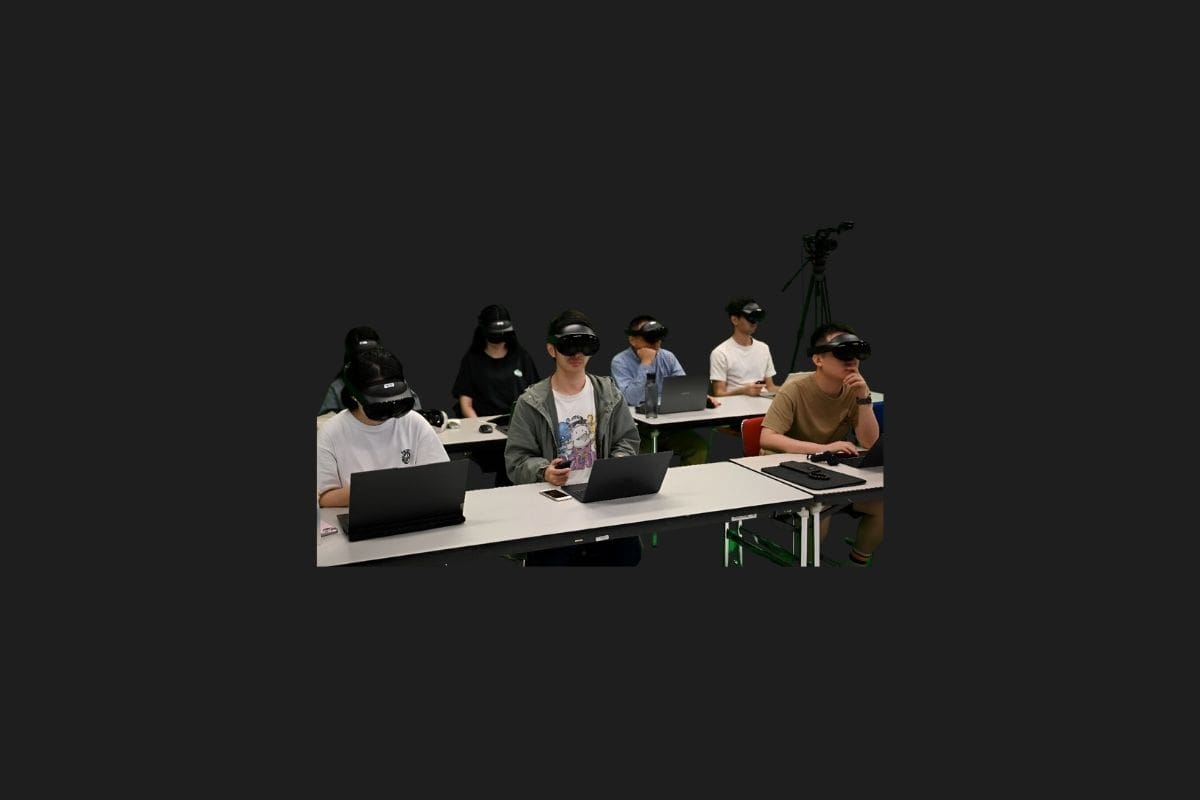The Hong Kong University of Science and Technology (HKUST) has started incorporating artificial intelligence teachers into its curriculum. Among these AI instructors is none other than Albert Einstein.
Generative AI technologies can create scenarios previously seen only in movies. One of these remarkable feats is the ability to bring back to life famous individuals who have passed away. This trend has been gaining traction recently. For instance, a museum in the United States features a model of Salvador Dali that speaks in his voice, engaging visitors.
Now, a similar initiative has emerged from Hong Kong. HKUST is utilizing artificial intelligence models to teach its students, including one modeled after the universally renowned scientist Albert Einstein.
Albert Einstein lectures students
The Hong Kong University of Science and Technology (HKUST) has developed AI-generated virtual versions of humans to serve as instructors in a virtual environment. Among these virtual trainers is Albert Einstein, one of history’s greatest physicists, who passed away in 1955. In one instance, we can see a virtual Einstein explaining game theory.
Students participate in classes by wearing virtual reality headsets or through computer screens. Artificial intelligence teachers, such as Albert Einstein, also instruct them in this virtual environment. Led by Professor Pan Hui from the field of media and arts, this project aims to transform teaching methods and engage students in a more immersive learning experience than ever before. Additionally, it is seen as a potential solution to global teacher shortages.
Hui states that he is not concerned about the possibility of artificial intelligence replacing human instructors. According to him, AI can offer teachers variety, introduce interesting methods, and provide students with a more immersive experience. Hui also mentions the following regarding his contribution to students: “This work not only provides students with unique and exciting experiences but also inspires them to apply artificial intelligence in various fields.”
Course materials have been transformed into customizable avatars
As part of the project, 30 graduate students have begun taking courses from artificial intelligence instructors. The models were created by converting course materials into customizable digital avatars through artificial intelligence. These avatars can be tailored in many different ways, from their voice to their appearance, providing students with a more engaging experience.
